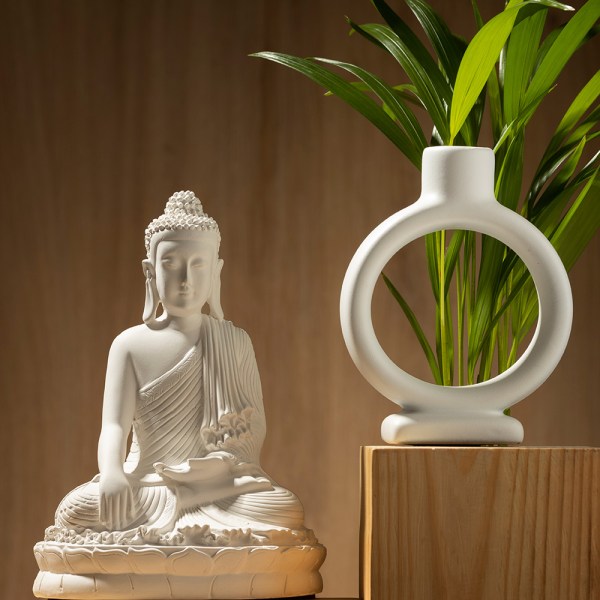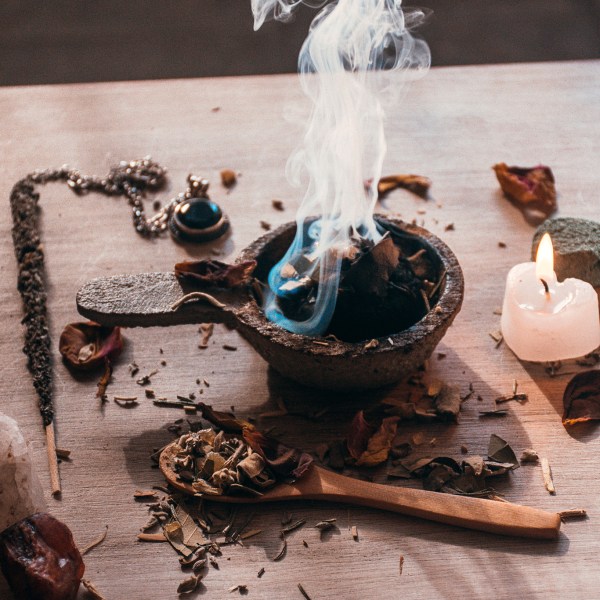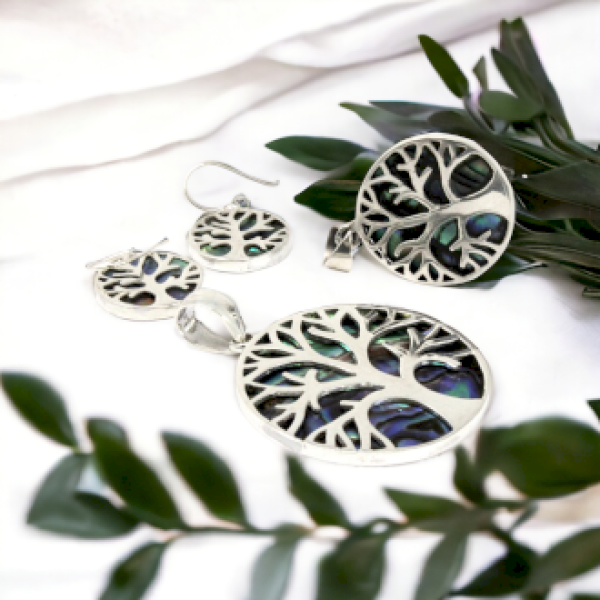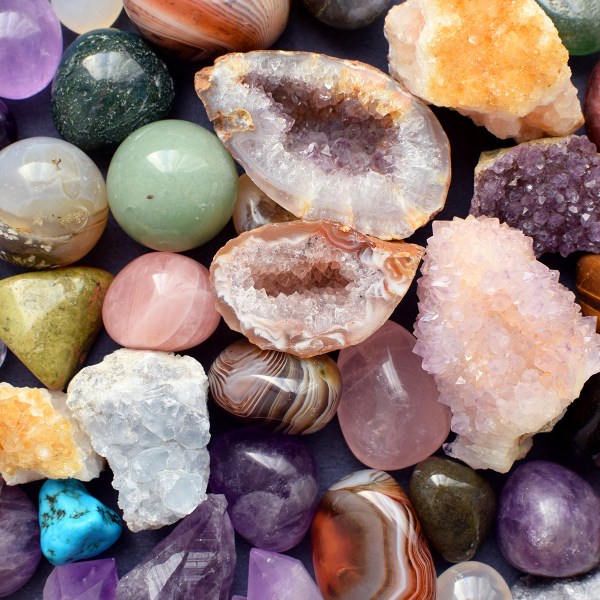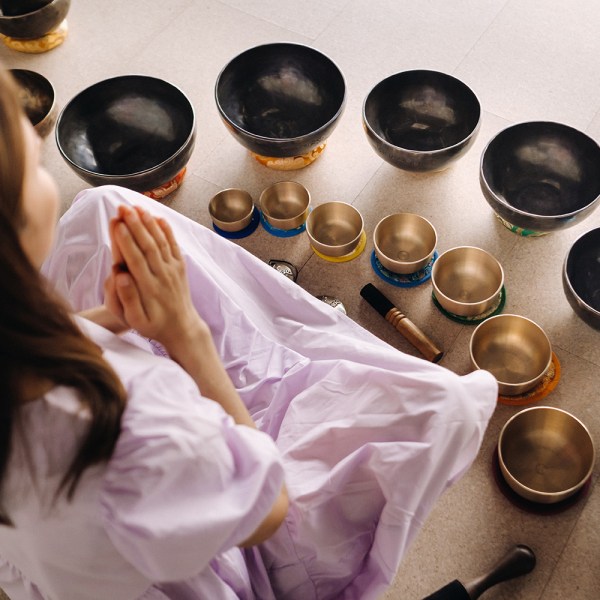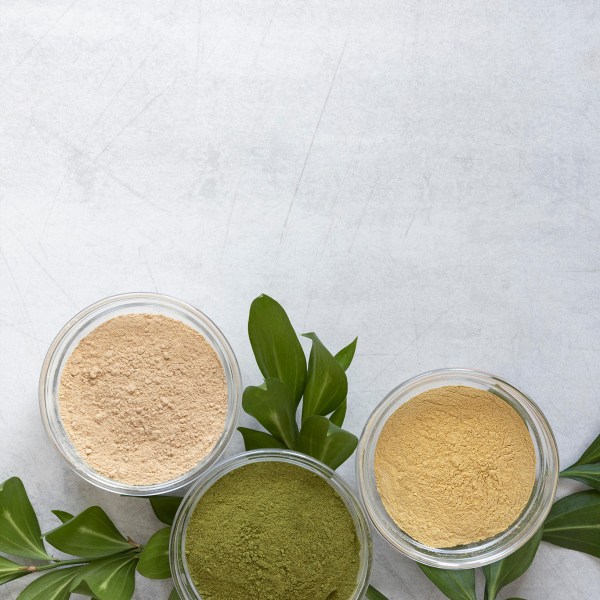Latin name: Rosmarinus Officinalis
Used part of plant: flowers
Place of origin: Spain
Extraction method: steam distillation
Rosemary essential oil is obtained by steam distillation of the flowers, sometimes the stems and leaves of the plant. According to the British Pharmacopoeia, the oil distilled from the flowers is better than commercial oils obtained from the stems and leaves. Rosemary essential oil has a woody and herbal character and is used in aromatherapy to refresh and stimulate the mind.
This oil is useful in the treatment of wounds, burns, colds, flu, fatigue, indigestion, asthma, bronchitis, gout, rheumatism, liver and gallbladder problems, water retention and poor circulation. For massage, rosemary oil is often mixed with one or more base oils, such as almond, apricot kernel or hazelnut oil. It is good for hair as it is claimed to increase blood circulation to the scalp and promote hair growth. Never use this oil internally and avoid it if you are pregnant, have high blood pressure or suffer from epilepsy.
Rosemary has been used since ancient times. It was believed to improve memory, making it a symbol of loyalty. A piece of rosemary was tied with a ribbon and used to decorate the wedding guests' dresses as a symbol of love and fidelity. In addition to weddings, it was also used for funerals and other religious ceremonies. According to a 14th century legend, the 'Hungarian water' made with fresh rosemary steeped in wine for a few days rejuvenated Queen Elizabeth so much that she had a young suitor. Hungarian water was Europe's first alcohol-based perfume.
More informations and price history

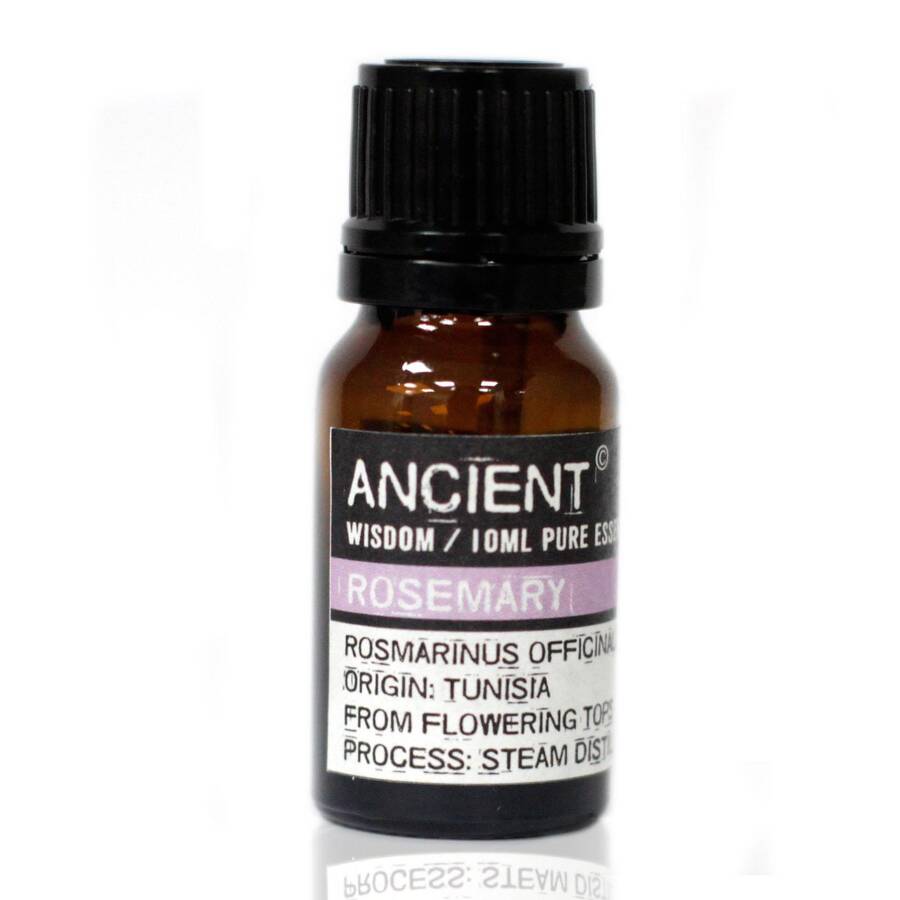
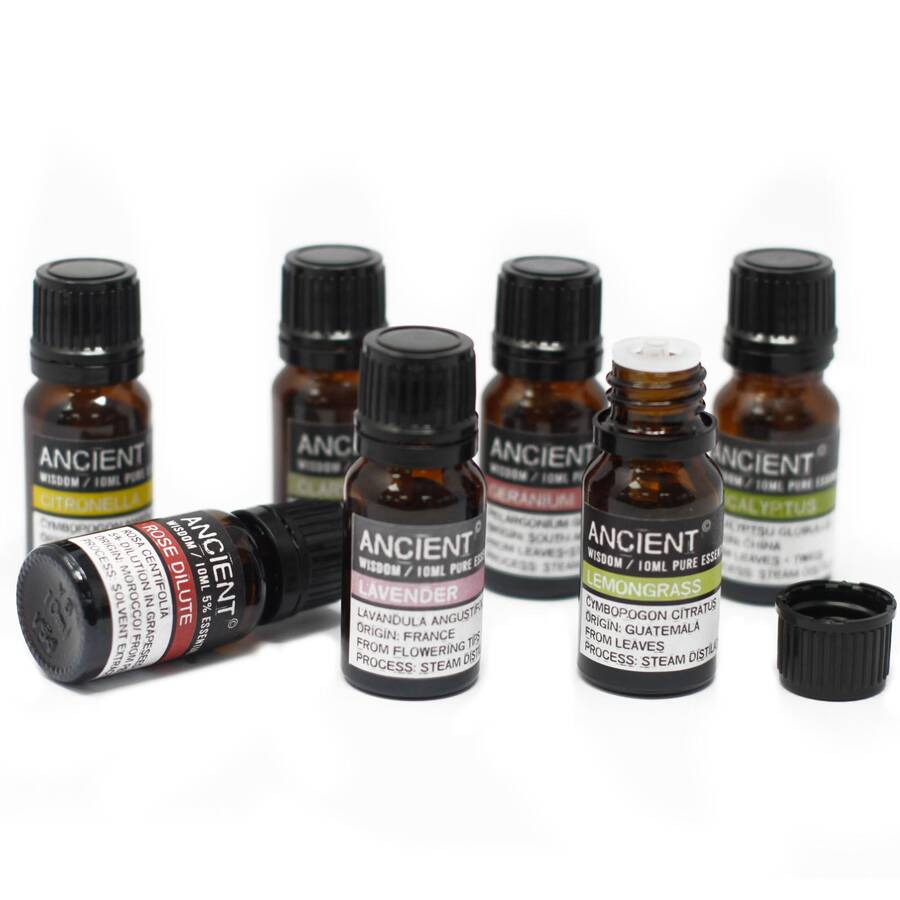




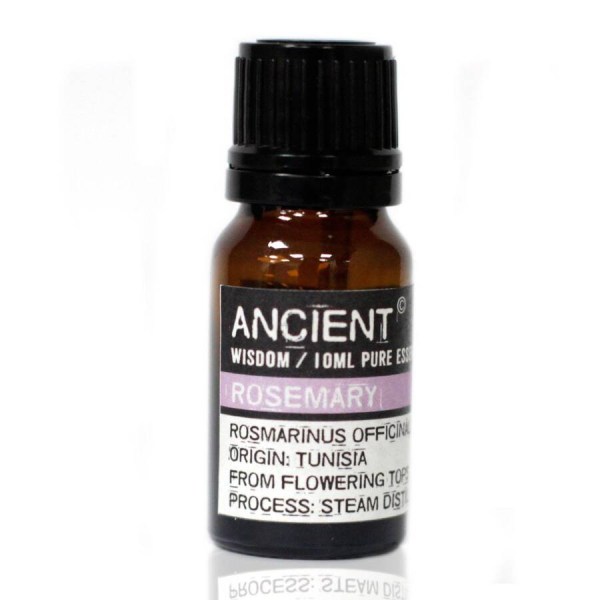



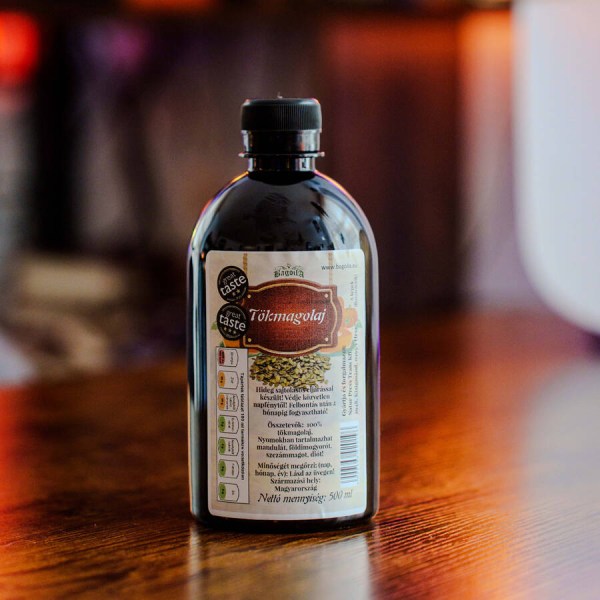
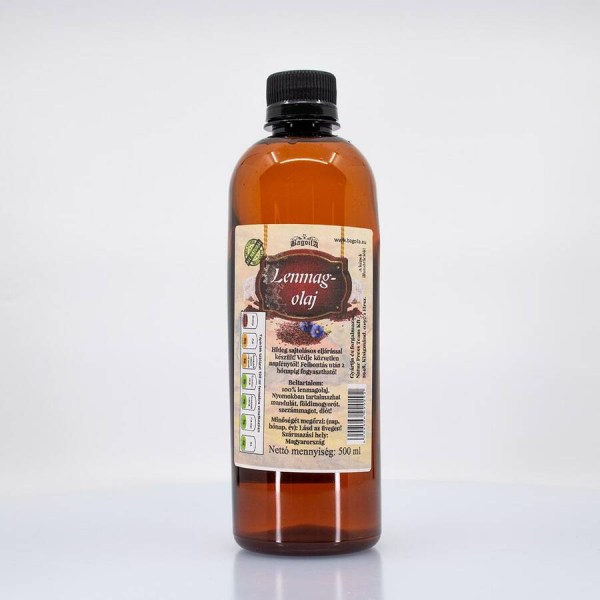
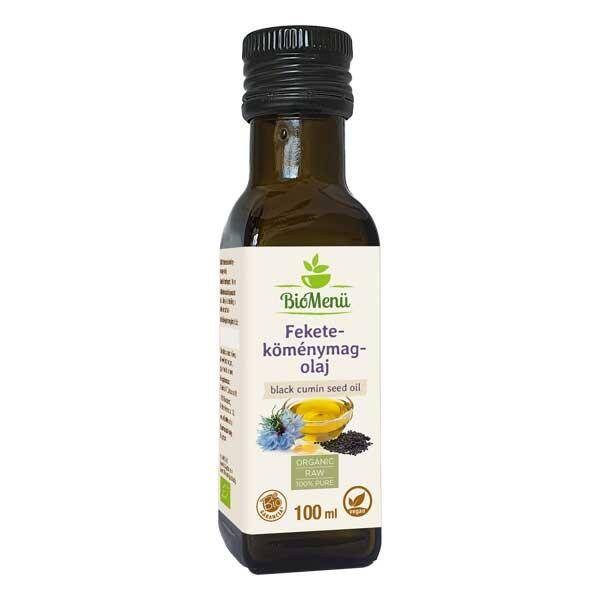
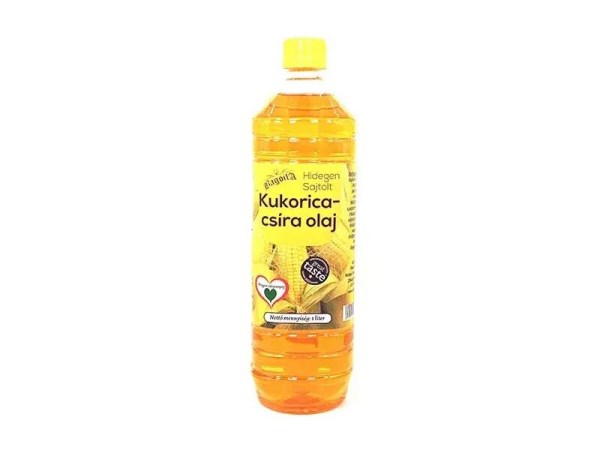


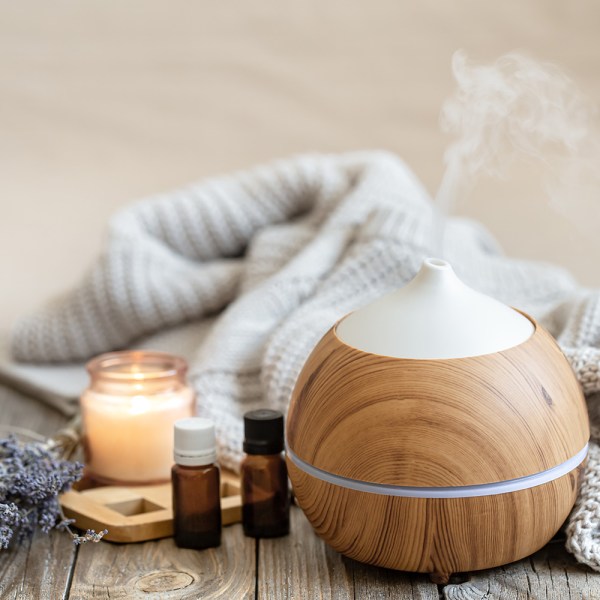

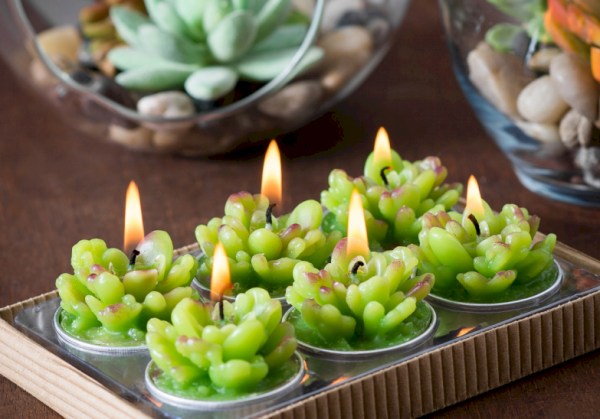

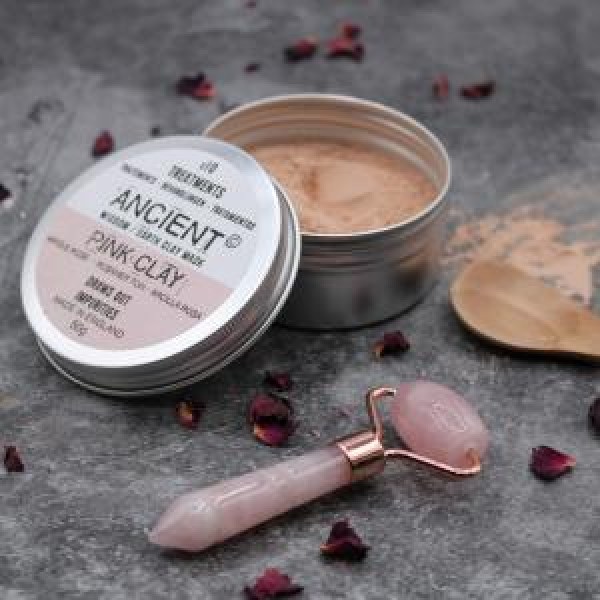
_600x600.jpg)





